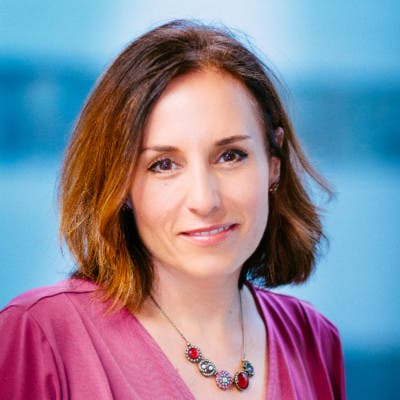One of my team had his third child recently and described his partner as “heroic” and I would wholeheartedly agree with this sentiment. Women who raise children and are prepared to go through pregnancy and childbirth as well as juggle a career, truly are heroes. Mothers, I salute you!
However, this blog is not about women who are mothers; it is about those who are not and who are potentially overlooked in the workplace and conversations on female inclusion. It is instead for all the women who can’t have children or choose to not have them. The former are often met with pity or suffer in silence through multiple miscarriages and rounds of IVF, whilst the latter are regarded as a social oddity, career hungry and labelled by some as selfish. I am generalising but it is true to say that even in the modern world, they neither fit the social norms expected of the family unit, nor have the traditional challenges around childcare that mothers face.
Women in the modern workplace are not just mothers or would-be mothers and we need a more holistic approach to inclusion in the workplace that identifies and recognises these multi-layered challenges.
For those women who can’t but desperately want children, let’s consider what else as an employer we can do to support women experiencing more “taboo” topics such as miscarriage, IVF, surrogacy, egg harvesting, fostering or adoption processes, as these have a huge impact on a women’s physical and mental wellbeing.
For those women who don’t want children or for one reason or another don’t have them, please don’t ask them to explain or justify why that is the case unless they want to tell you. It’s just intrusive and assumes, quite wrongly, that any women who is not a mother is unfulfilled in life. These women may have other commitments such as caring for elderly parents, loneliness, anxiety, concerns around job security as the sole breadwinner, healthcare issues or actually may have no commitments at all and - heaven forbid - just want the freedom to choose to live their lives child-free. All of these needs require support and understanding to ensure that all women are included equally.
At dentsu we have an aspiration to have 50% of our Senior Executives and Executives identify as female by 2025 so we need to be prepared for a workforce of more women and potentially older women. This means we need to understand and start talking about another “taboo” subject: menopause. It is essential we start to air this topic, train our managers to recognise and deal with the symptoms with dignity and respect as the impact on some women is significant and is not just linked to age.
We must ensure that the journey of all women, both mothers and non-mothers, through dentsu is a happy and fulfilled. Let’s leave no woman behind!



